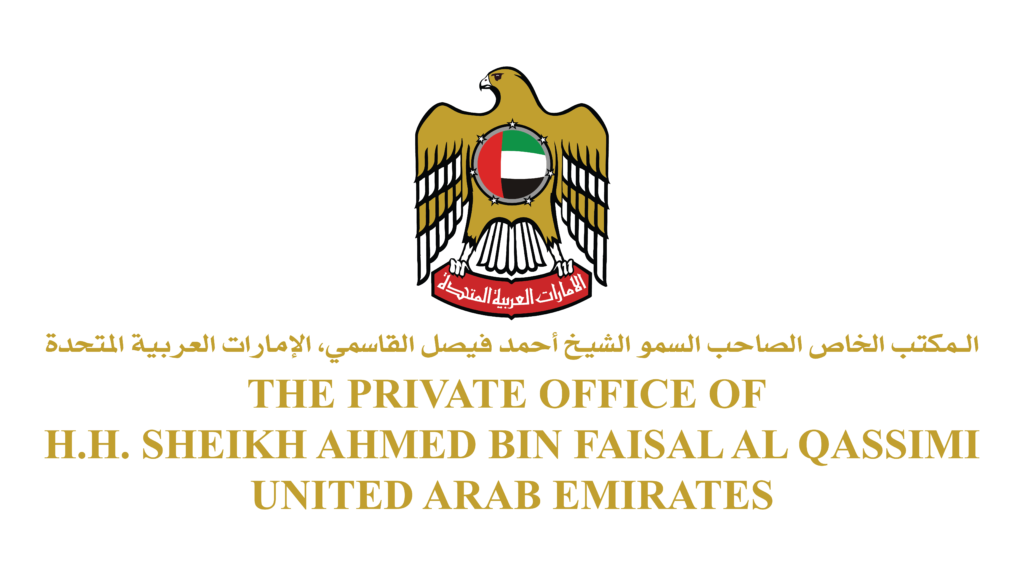Get your Dubai Real Estate Facts checked!
If you are considering planning to invest in the Dubai Real Estate industry here are some important terminologies to get yourself familiar with.
DLD
The Dubai Land Department (DLD) is a government agency in the United Arab Emirates (UAE) responsible for regulating the real estate industry in Dubai. It is responsible for the registration and regulation of real estate transactions, including sales, leases, and mortgages.
The DLD also maintains a database of real estate property records and issues various types of licenses and permits related to real estate. Some of the services provided by the DLD include property registration, property valuation, real estate development approvals, and real estate brokerage. The DLD works to ensure the transparency and integrity of real estate transactions in Dubai and to promote the growth of the real estate sector in the city.
RERA
The Real Estate Regulatory Agency (RERA) is an agency of the Dubai Land Department (DLD) responsible for regulating the real estate industry in Dubai. RERA was established in 2007 with the goal of improving transparency and investor protection in the Dubai real estate market.
RERA’s responsibilities include registering and regulating real estate brokers and sales agents, enforcing regulations related to real estate transactions, and issuing and enforcing rules and regulations related to real estate development in Dubai. RERA also operates a dispute resolution centre to help resolve disputes between parties involved in real estate transactions.
RERA is an important resource for both buyers and sellers of real estate in Dubai, as it helps to ensure that transactions are conducted in a fair and transparent manner. It is also a useful resource for real estate professionals, as it provides guidance on industry regulations and requirements.
TITLE DEED
In Dubai, a title deed is a legal document that serves as proof of ownership for a piece of real estate. It includes details about the property, such as its location, size, and any buildings or structures on it. The title deed also includes the name of the owner and any encumbrances or restrictions on the property.
In Dubai, the title deed is issued by the Dubai Land Department (DLD) and is registered in the DLD’s database. It is an important document to have when buying or selling a property, as it serves as evidence of ownership and is required for the transfer of ownership.
It is important to note that in Dubai, there are two types of title deeds: freehold and leasehold. Freehold title deeds give the owner full ownership rights to the property and the land it is built on, while leasehold title deeds give the owner the right to use the property for a specified period of time.
OQOOD
Oqood is a system for registering and managing off-plan property transactions in Dubai. It was implemented by the Dubai Land Department (DLD) in 2007 as a means of increasing transparency and investor protection in the Dubai real estate market.
Under the Oqood system, developers must register their off-plan projects with the DLD and obtain an Oqood certificate for each project. This certificate serves as a record of the project and includes details such as the project’s location, size, and number of units. The Oqood certificate is required for the sale and transfer of units in the project.
Buyers of off-plan properties in Dubai are required to pay a deposit and sign a sale and purchase agreement with the developer. These agreements are registered with the DLD under the Oqood system, and the DLD issues an Oqood certificate to the buyer as proof of ownership.
The Oqood system helps to ensure the transparency and integrity of off-plan property transactions in Dubai and helps to protect the rights of buyers and developers.
OFF PLAN PROPERTY
Off-plan property refers to real estate that is being sold before it has been built or completed. It is a popular option for buyers who are looking to purchase a property at a lower price and are willing to wait for the property to be built.
Off-plan properties are typically sold by developers who are in the process of developing a new real estate project. The developer will typically release a certain number of units in the project for sale on a pre-construction basis, before the project has been completed. Buyers can purchase these units and pay for them in installments as the project is being developed.
There are a number of risks involved in purchasing off-plan property, including the risk that the project may not be completed as planned, or that the final product may not meet the buyer’s expectations. However, off-plan properties can also offer significant benefits, such as the opportunity to purchase a property at a lower price than a similar completed property in the same market.
It is important for buyers of off-plan property to carefully consider the risks and benefits and to do their due diligence before making a purchase. This may include researching the developer’s track record, reviewing the terms of the sales and purchase agreement, and obtaining independent legal advice.
DLD WAIVER
A DLD waiver is a document issued by the Dubai Land Department (DLD) that allows an owner to transfer ownership of a property without having to pay certain fees or charges. These fees or charges may include things like the property registration fee, the mortgage registration fee, and the transfer fee.
There are various circumstances under which a DLD waiver may be granted, such as in the case of a property being inherited, or when a property is being transferred as part of a divorce settlement. In some cases, a DLD waiver may also be granted to promote economic development or to encourage investment in a particular area.
It is important to note that the availability of a DLD waiver will depend on the specific circumstances of each case, and the DLD has the discretion to grant or deny a waiver request. In order to obtain a DLD waiver, an owner will typically need to provide supporting documentation and may need to apply through an authorized real estate broker.
EJAARI
Ejari is a system for registering and managing rental contracts in Dubai. It was implemented by the Dubai Land Department (DLD) in 2010 as a means of increasing transparency and investor protection in the Dubai real estate market.
Under the Ejari system, landlords and tenants are required to register their rental contracts with the DLD and obtain an Ejari certificate for each contract. This certificate serves as a record of the contract and includes details such as the property’s location, the length of the lease, and the rent amount. The Ejari certificate is required for various purposes, such as obtaining electricity and water services and obtaining visas for tenants.
The Ejari system helps to ensure the transparency and integrity of rental contracts in Dubai and helps to protect the rights of landlords and tenants. It is an important resource for both landlords and tenants, as it provides a record of the terms of the rental contract and can be used to resolve disputes.
Links for reference
https://dubailand.gov.ae/en/
Dubai Property Prices and Real Estate Market Reports (dxbinteract.com)


